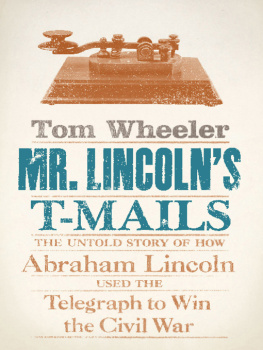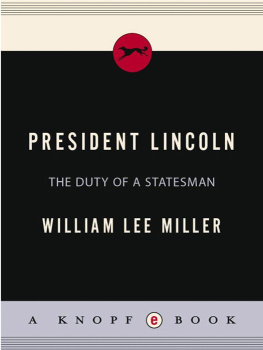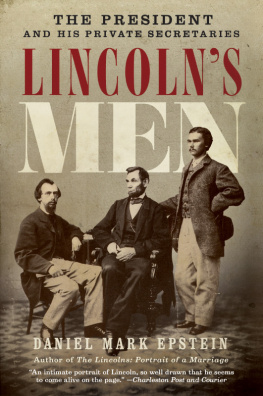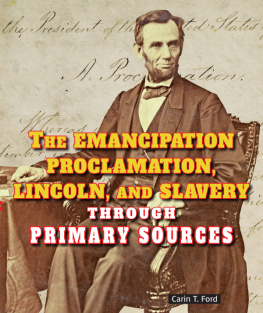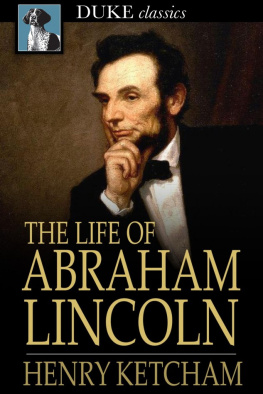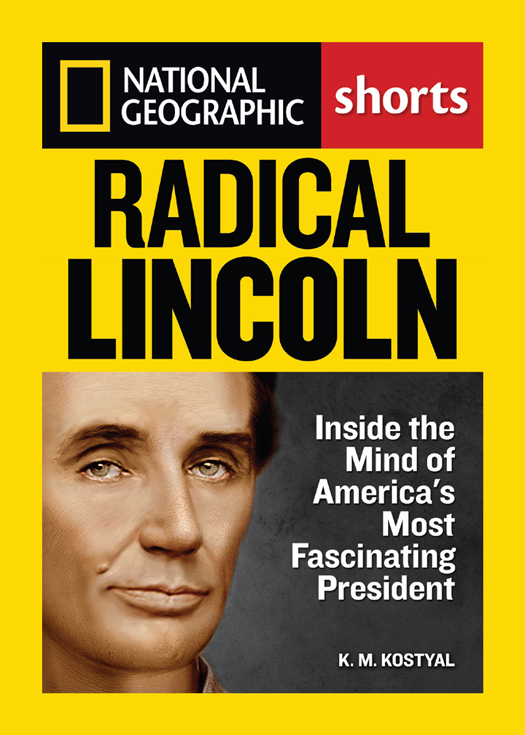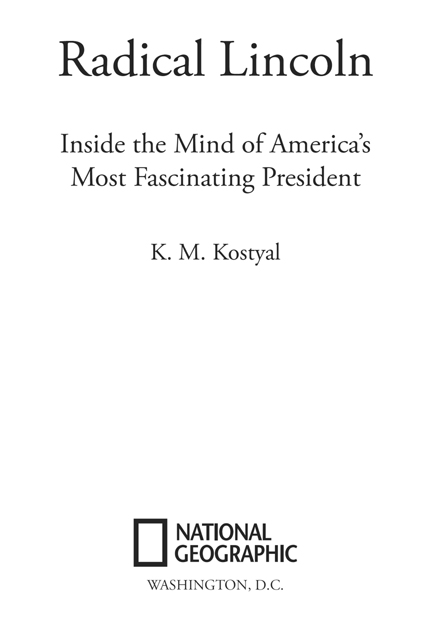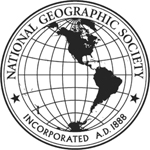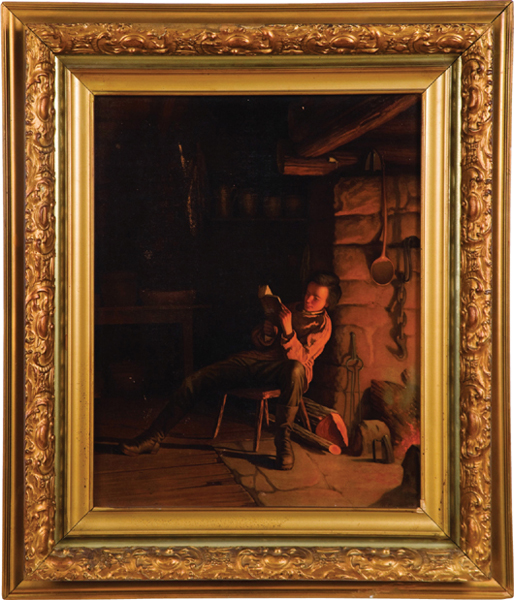Copyright 2012 National Geographic Society. All rights reserved. Reproduction of the whole or any part of the contents without written permission from the publisher is prohibited.
The National Geographic Society is one of the worlds largest nonprofit scientific and educational organizations. Founded in 1888 to increase and diffuse geographic knowledge, the Societys mission is to inspire people to care about the planet. It reaches more than 400 million people worldwide each month through its official journal, National Geographic, and other magazines; National Geographic Channel; television documentaries; music; radio; films; books; DVDs; maps; exhibitions; live events; school publishing programs; interactive media; and merchandise. National Geographic has funded more than 10,000 scientific research, conservation and exploration projects and supports an education program promoting geographic literacy.
For rights or permissions inquiries, please contact National Geographic Books Subsidiary Rights:
Lincolns frontier boyhood has been romanticized in art and legend. As an adult, Lincoln perpetuated the myth of himself as simple and self-made.
(Courtesy of the Abraham Lincoln Presidential Library & Museum)
C ONTENTS
C HAPTER O NE
I Was Raised to Farm Work
C HAPTER T WO
A Piece of Floating Driftwood
C HAPTER T HREE
Genius Disdains a Beaten Path
Introduction
T here are scholars, hundreds of them over the last century and a half, who have spent their lives pondering Abraham Lincoln. Yet few, if any, have felt they grasped the full measure of the man.
Without question, Lincoln belongs, as his colleague proclaimed at his death, to the ages. But in life, Lincoln was a shut-mouthed man whose true character remained out of reach, even to his closest friends. He could be a folksy charmer who reveled in telling an off-color tale, or the inspired genius who conceived the Gettysburg Address. And he was a brawler, physically in his youth, politically in his manhood, and spiritually in his Presidency. Had he not persisted in the face of continual military defeat and a rancorous clamor to end the war, the United States would have been ripped in two.
This book begins at the beginning, with Lincolns tough early years and the influences that shaped his young mind then, and it follows him through his middle years, when that very mind began, in some ways, to influence a nation.
Lincoln had learned early in life not to yield to the burdens of convention, the expectations of others. If he had yielded, he would no doubt have ended his days the hardscrabble farmer his father had been. But from the earliest memories of Abe, his friends and relatives describe a boy whose independence of mind could be called radical. Lincoln thought, and did it well, and the kind of thinking he did moved him into realms far beyond the frontier culture of his boyhood. In a world of hunters, he gave up hunting and even wrote a childhood composition championing animal rights (this at a time when his family was barely subsisting); in a world of overt religiosity, he was a skeptic and deist; in a roughhewn male milieu, he didnt smoke, chew, cuss, gamble, or drink; and in a family where his father abhorred his bookishness, he was a Constant and Stubborn reader.
As he pondered and considered and weighed what he read, young Abraham arrived at his own conclusions about the world. Those conclusions were often a vast departure from those of his friends and colleagues, but they held the merit of a high logic and what one scholar has called a purposive mind.
Later in life, Lincoln used his power of purposive thinking to give voice to the great dissonance eating at Americas historic experiment in democracy: that if slavery is not wrong, nothing is wrong. When war resulted from his simple logic, he gave the briefest and most exact summation of all that was at riskthe very idea of a nation conceived in liberty and dedicated to the proposition that all men are created equal. That idea had been the radical proposition of a group of rebels fomenting revolution four score and seven years before Lincoln spoke at Gettysburg. And Lincoln knew, as Washington, Jefferson, and Madison had known, that America itself was a radical concept, the brainchild of minds who could suppose and imagine beyond the ills and injustices of the world that confronted them and, in so doing, propel humans toward the better angels of their nature.
C HAPTER O NE
I Was Raised to Farm Work
O n a February day in 1809, a woman in a rough log cabin on the edge of the American wilderness gave birth to a boy, her second child. The parents, Tom and Nancy Lincoln, named the boy Abraham, after Toms father, whod been killed by an Indian some 20 years earlier while clearing a field in the raw backcountry of Kentucky. Tom, just six then, had seen his father die and his older brother shoot the attacking Indian dead. Life was about survival in that time and place, and Tom soon had to fend for himself.
He managed in his own easygoing way, and by the time his son was born in the cabin he had pieced together in the tangled woodland of far southwestern Kentucky, Tom was eking out a living as a farmer. Hed spend the rest of his days doing that, one of thousands of American farmers who left their destinies to a higher power, praying for rain but not too much, attending church whenever an itinerant preacher was around to hold a service, working an often unforgiving land, and entertaining themselves and others with the only tools they had in handtheir imagination and wit. Toms two great talents seem to have been storytellingby all accounts he was a masterand woodworking.
His son, though, was different. How and why that was so has puzzled a universe of scholars. Abraham Lincoln was born to unremarkable parents on the American frontier, a place of both isolation and possibility, but not a place likely to create true greatnessa man for the ages. Yet that was the milieu that would nurture Lincoln for his entire boyhood and make him the man he became.
Even from a young age, Abe was precocious, inquisitive, solemn as a papoose, his cousin Dennis Hanks later remembered, but interested in everything. Everything in that isolated corner of the globe was defined by the natural world. The frontier stretched west from the Lincolns door, the woodlands raucous with wildlifeturkey, squirrel, fish, deer, bear, and cougar. The Native tribes whod long lived on these lands still made their presence known, as they had with Abes grandfather, but their strength diminished year by year as more white settlers flooded in. In the very year of Abes birth, the Shawnee leader TecumsehShooting Starhad rallied forces to fight the whites when the new and nearby Indiana Territory was taken by questionable treaty with the Indians. Sell a country!? Tecumseh had exhorted. Why not sell the air, the great sea, as well as the earth?


